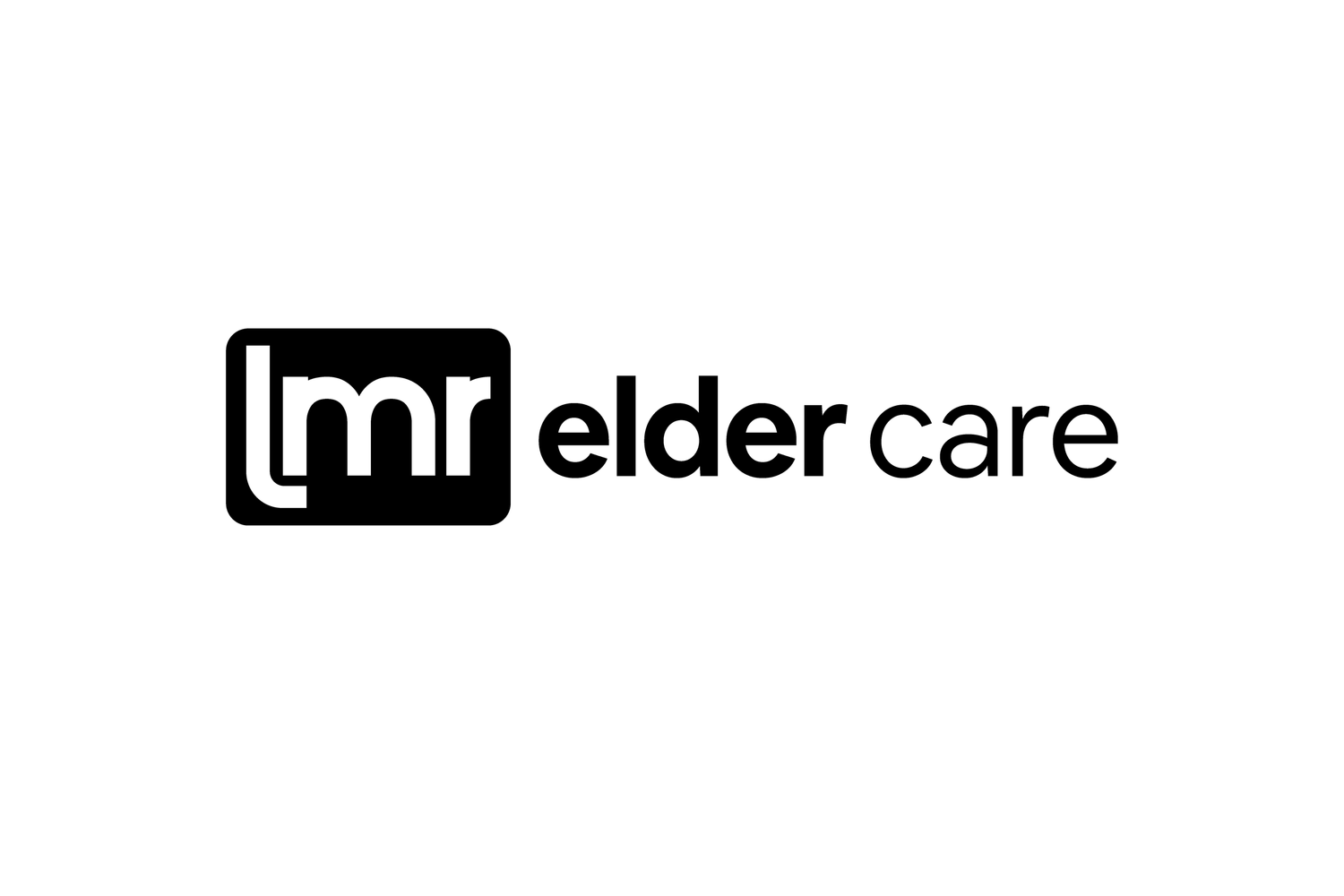The Grass is NOT Always Greener
Written by: Lisa Bayer, Esq., CCM, CDP
The saying the “grass is always greener” is a hard NO when it comes to the oftentimes difficult relationships between adult children and their aging loved ones. The TV and media often portray loving white-haired older ladies doting on their beloved adult children and grand-children.
Having worked in elder care for almost 20 years I can tell you that this is most definitely not always the case in all families, mine included. As children who grew up in families where there was emotional and often physical abuse, we were taught to not speak up or out and to maintain the façade of intact Leave It to Beaver family dinners, road trips and get-togethers.
But now our parents are older, many with mild or advanced cognitive impairment, and as Boomers and Generation Xers we are now in charge of their care. Our parents do not understand technology and perhaps never paid their bills themselves or filed their own taxes. They are increasingly physically and mentally frail and vulnerable.
They hurt us. And they continue to do so. But we are good people and many of us now have our own children. The question is: How can we reconcile these feelings of resentment and physical/emotional pain and still do the “right” thing?
The answer is that it is complicated. In addition to finding a person or support group where you can feel safe in sharing your innermost thoughts, I highly recommend bringing in a 3rd party (shameless plug for LMR Elder Care) to protect yourself while making sure that your aging loved one gets the care and support that he or she needs. A geriatric care manager can do the heavy lifting and be the objective front-facer with the care recipient, allowing the adult child to engage how, and if, she or he wishes.
A poster on a social media page that I follow recently shared the following article: https://grownandflown.com/dementia-improved-mother-daughter-relationship/ . It’s raw, honest, and incredibly, incredibly brave. As a first-person recount, there is no way anything that I can share can do more justice to support caregivers who have been through so much and still find it in themselves to give even more. Thank you, Ms. Gaines, for sharing your story!

